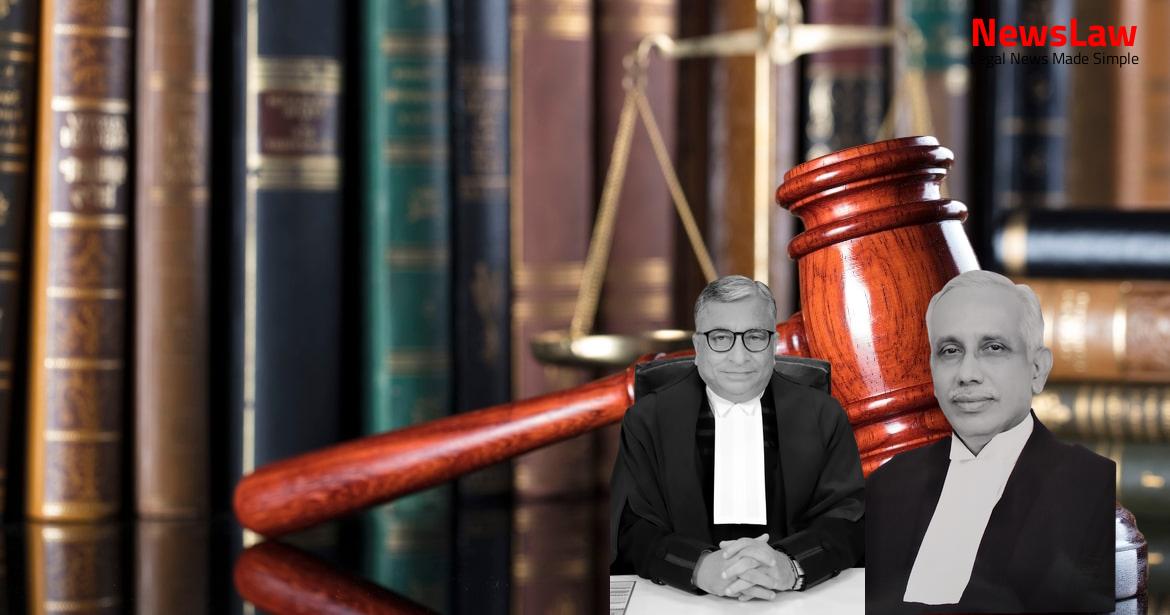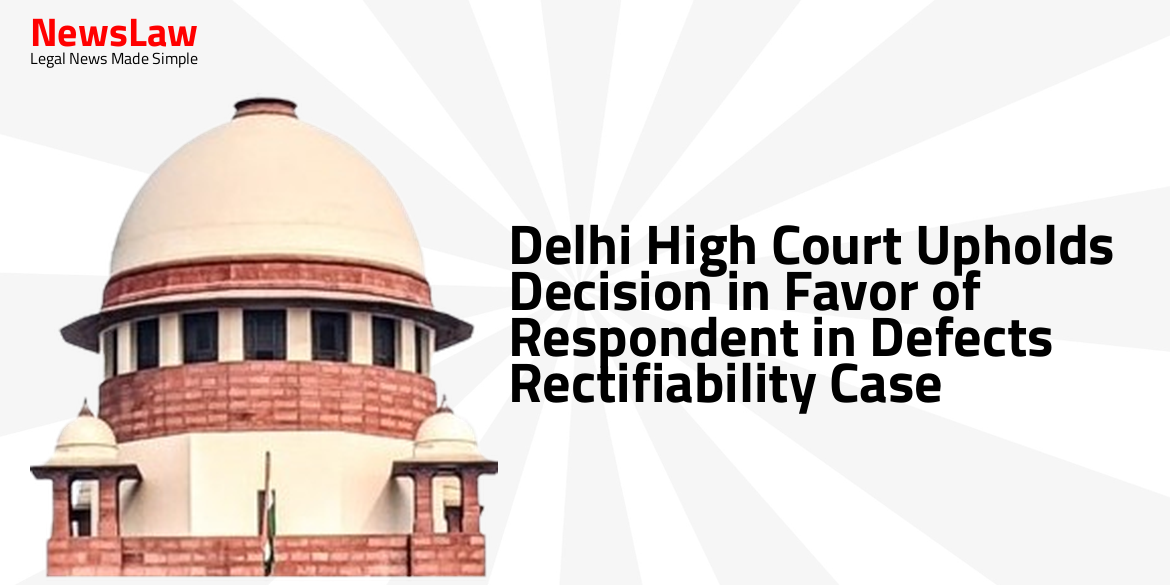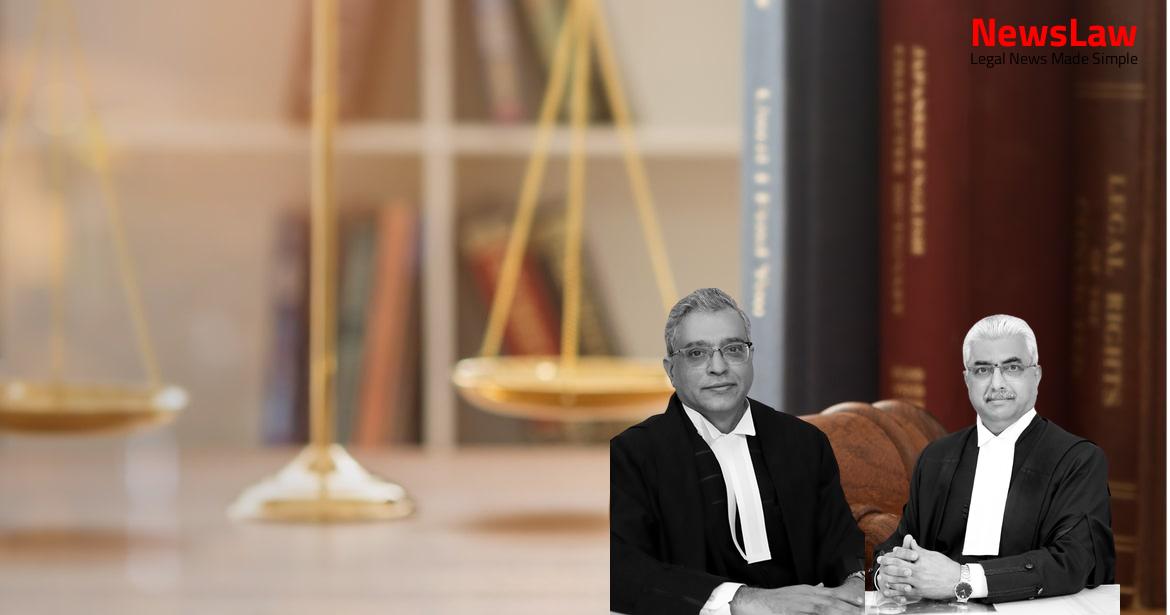In a recent legal case, the High Court delved into the interpretation of reservation policies in Municipal Mayor elections, emphasizing the importance of fair representation. Understanding the court’s legal analysis on the rotation of reservations for different categories is essential for upholding constitutional mandates. Let’s delve into the complexities of reservation policies in public office appointments and the legal nuances that shape governance decisions.
Facts
- The Division Bench of the High Court interpreted sub-rule (2) of Rule 3 of the Maharashtra Municipal Corporations (Reservation of Offices of Mayors) Rules, 2006.
- Based on a previous judgment of the Karnataka High Court, the High Court found that re-reserving the Mayor’s office for the Backward Class, after two previous occasions of reservation for the same class, and without any reservation for Scheduled Caste, violated the rotation policy.
- The State of Maharashtra was directed to reconsider the reservation process for the office of Mayor in Dhule Municipal Corporation in line with the High Court’s observations.
- Respondent No.1, a Scheduled Caste member, was elected as a Councillor from the General category
- Matter remanded to State for fresh consideration as per observations
- Office of Mayor in the Corporation earmarked for Backward Class citizens from June 2021
- Petition filed by Respondent No.1 to reserve Mayor’s post for Scheduled Caste category
- Petition allowed, leading to filing of appeals by Backward Class category Councillors and State of Maharashtra
Also Read: Presumption of Genuine Endorsements in Cheque Case
Arguments
- The petitioner argues that the High Court did not consider the fact that the seats reserved for Backward Class of Citizens are 7 compared to 3 for Scheduled Castes, potentially leading to no reservation for Scheduled Castes.
- There is a concern that the reservation may be provided for Backward Class category on multiple occasions while Scheduled Castes may not receive any reservation.
- The State of Maharashtra followed proper procedures in earmarking the Mayor seats according to the Rules.
- Out of the 27 Mayor seats, only 9 are eligible for reservation for Scheduled Tribes as per the petitioner’s contention.
- The High Court judgment is criticized for not taking into account the provisions of Clauses (d) and (e) of sub-rule (2) of Rule 3 of the said Rules.
- Specifically, 1 seat is reserved for Scheduled Tribes, 3 for Scheduled Castes, and 7 for Backward Class of Citizens out of the total 27 Mayor seats available in the State.
- Mr. Katneshwarkar argues that the High Court correctly used the rotation principle for reservation in the Municipal Corporation.
- Unless all categories get representation, reservation cannot be repeated.
- The Office of Mayor of the Corporation was reserved for the Backward Class category for two out of seven terms between 2003 and 2017.
Also Read: Medical Negligence and Compensation: A Landmark Decision
Analysis
- The judgment discusses the procedure of drawing lots for reservation of the office of Mayors in 27 Corporations in the state.
- It mentions the reservation requirements for Scheduled Castes, Scheduled Tribes, and Backward Class of Citizens as per the rules.
- There is a detailed explanation of how the draw of lots was conducted, excluding certain Corporations based on previous reservations.
- The interpretation of the rules regarding rotation of reservations for different categories is analyzed.
- The court considers the legislative intent behind the rules to ensure fair and consistent reservation practices.
- The discrepancy in the number of seats reserved for different categories is highlighted, especially in the case of Scheduled Castes and Backward Class of Citizens.
- The concept of rotation of reservations and the necessity for providing reservations for all eligible categories are emphasized.
- The importance of interpreting the rules in a manner that upholds the reservation policy without repeating reservations in specific Corporations is explored.
- The judgment determines that the draw of lots conducted for reservations adhered to the rules and the constitutional mandate.
- Instances where certain Corporations were excluded from reservation due to previous allocations are discussed to justify the draw of lots results.
- The judgment focuses on harmonizing conflicting rule interpretations to ensure the effective implementation of reservation policies.
- The provision mandates reservation of 1/3 of the offices for women belonging to the Backward Class of Citizens.
- The offices of the Mayor are reserved based on population proportions of Scheduled Castes and Scheduled Tribes.
- Lottery system is used to allot offices reserved for different categories.
- Rotation of reserved offices is ensured to cover all categories over subsequent terms.
- The reservation also includes provisions for Scheduled Castes, Scheduled Tribes, and Backward Class of Citizens.
- Seats reserved for women belonging to Scheduled Castes and Scheduled Tribes shall be at least 1/3 of the total reserved seats.
- Reservation for Backward Class of Citizens is fixed at 27% of the total number of Mayor offices.
- Provision for reservation of seats in Municipalities is made in favor of the backward class of citizens.
- The State Government is responsible for allocating reserved offices through lotteries.
- The reservation system is aligned with constitutional Article 243T.
- Statutes should be construed as workable instruments to achieve the legislative intent
- Courts must avoid interpretations that reduce provisions to ‘useless lumber’ or ‘dead letters’
- In case of conflicts between provisions, efforts should be made for harmonious construction
- Effort should be made to give effect to all provisions and avoid rendering any provision futile
- The Division Bench of the Bombay High Court’s view needs to be interfered with.
- There are reasons to question the decision made by the Division Bench.
- It is considered necessary to reassess the perspective taken by the Division Bench.
Also Read: Remand of Writ Petition for Restoration and Decision on Merits
Decision
- The appeals have been allowed.
- The judgment and order passed by the Bombay High Court on May 7, 2021, have been quashed and set aside.
Case Title: SANJAY RAMDAS PATIL Vs. SANJAY (2021 INSC 435)
Case Number: C.A. No.-005060-005060 / 2021



